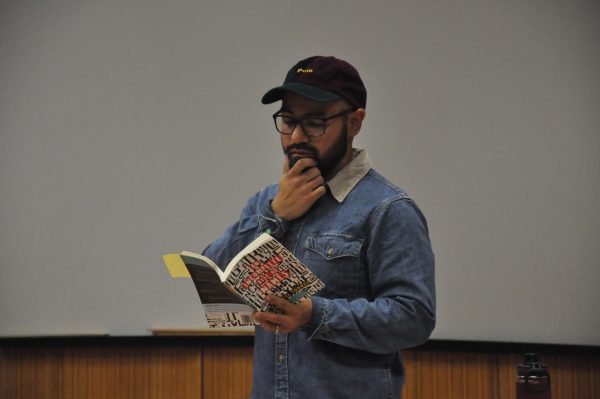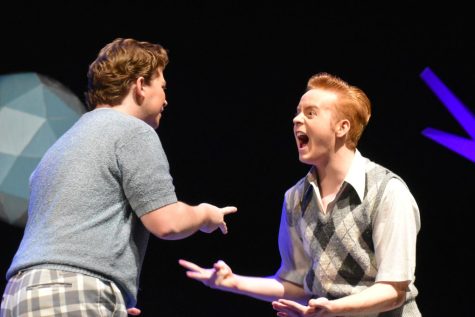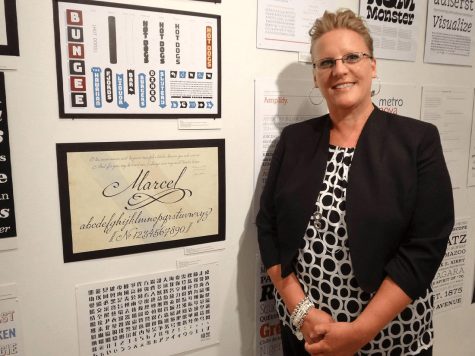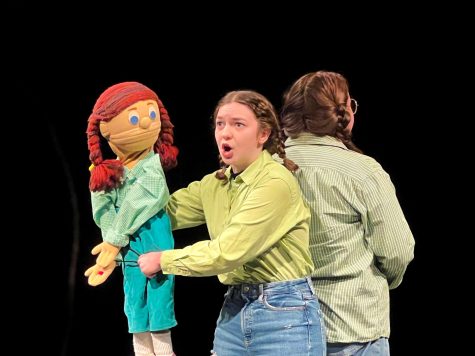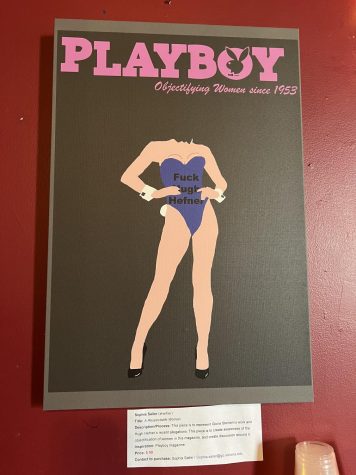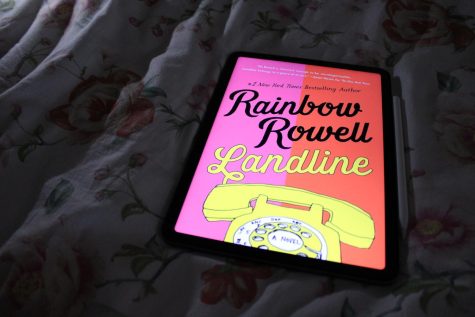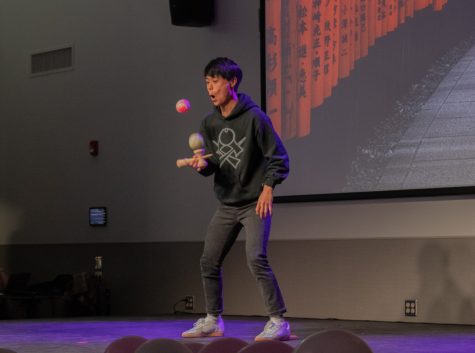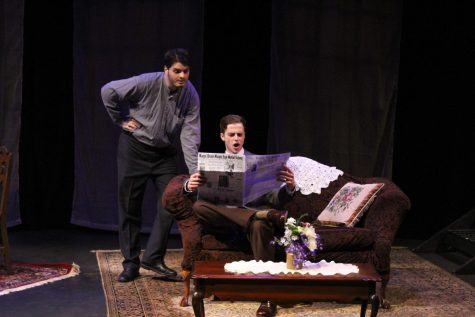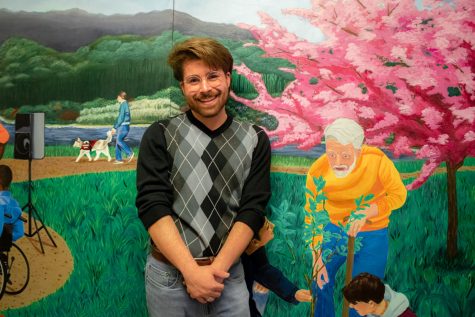English department hosts creative writing competition

November 1, 2017
For the third consecutive year, the Winona State University English Department is offering The Winona Prize in Creative Writing, a competition for student writers to submit their best fiction, poetry and creative nonfiction works.
Thanks to an anonymous donor who graduated from Winona State, the department is offering three $1,500 prizes to the winners of each category. The competition is open for all Winona State students who have taken a creative writing course.
Danielle Eberhard, a literature and language graduate student and Winona State alumna, won the non-fiction prize last year for her submission “Here’s to the Bitch Faced Girls.”
“In my life, I’ve always had people comment on how I have an angry face; I look like I’m mad all the time,” Eberhard said. “I belong to these people who have ‘resting bitch faces,’ so I wrote an essay about it and it was really fun to write.”
Eberhard wrote the essay for one of her classes as part of a creative nonfiction assignment. She included research on smiling, gender roles and social construction.
“That’s what creative nonfiction is. It’s writing things that are personal, [but you also] draw on other research and kind of combine it all together so it’s factual but it’s also creative,” Eberhard said.
Eberhard and other participating students submitted their work in November of last year. Creative writing faculty screened the work before passing it to the guest judges, who were visiting writers from the John S. Lucas Great River Reading Series and other accomplished authors.
While each student’s name was attached to their work, the judges never met the students, so the selection process was relatively anonymous.
“You want your work to go out and do its work itself. It’s got to exist beyond the person,” English professor Elizabeth Oness said. “I think that that’s one of the good exercises about a competition like this is, it forces people into that mode of
thinking: ‘Wow, this piece of writing isn’t attached to me. It might be an expression of mind, but it’s got to go out and make itself felt and heard outside of me.’”
The judges evaluated the work in December and January and announced the winners in February. The winning pieces were then published in the Winona State literary and arts magazine “Satori,” which came out in April.
This year’s competition will follow a similar timeline with a submission deadline of Nov. 15.
While English majors are encouraged to submit work they’ve already written for class, anyone of any major is also encouraged to submit.
“If you’ve taken fiction writing, nonfiction [or] poetry, submit any and all of your work because something’s going to come out of it and even if you aren’t an English major, who knows? You could win something,” Eberhard said. “I didn’t think I was going to win and then I was chosen.”
The competition can also be a chance for aspiring writers to get their work out into the world. Oness, who has had numerous novels and stories of her own published, had some advice for students.
“Find friends and fellow writers that are sharp readers and trade work with them. You don’t just need any critique, but you need good critique. And that’s one of the things we do in our creative writing classes here. We develop an environment where people give each other useful criticism,” Oness said.
Senior English major Sajda Omar won the fiction prize last year for her story “Ruby” and she encouraged students and aspiring writers to submit their work.
“Just do it because there’s really nothing to lose and you get a real writer to judge your work, so it’s kind of fun,” Omar said. “You feel very validated if you win or get an honorable mention.”
Oness said that students should submit their work even if they think it’s undeserving of an award.
“If people are feeling shy or unworthy, they should forget that feeling and cast it aside and throw their hat into the ring because it’s good practice for them to do it and you just never know,” Oness said. “$1,500 is a lot of money. I think it’s worth doing.”



























































